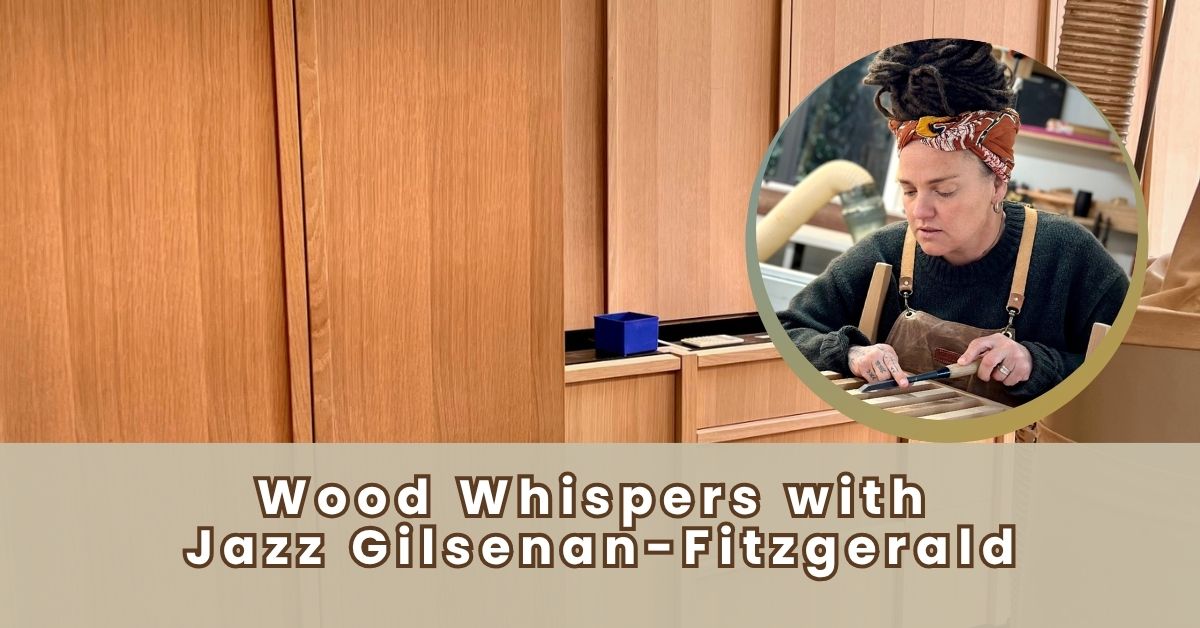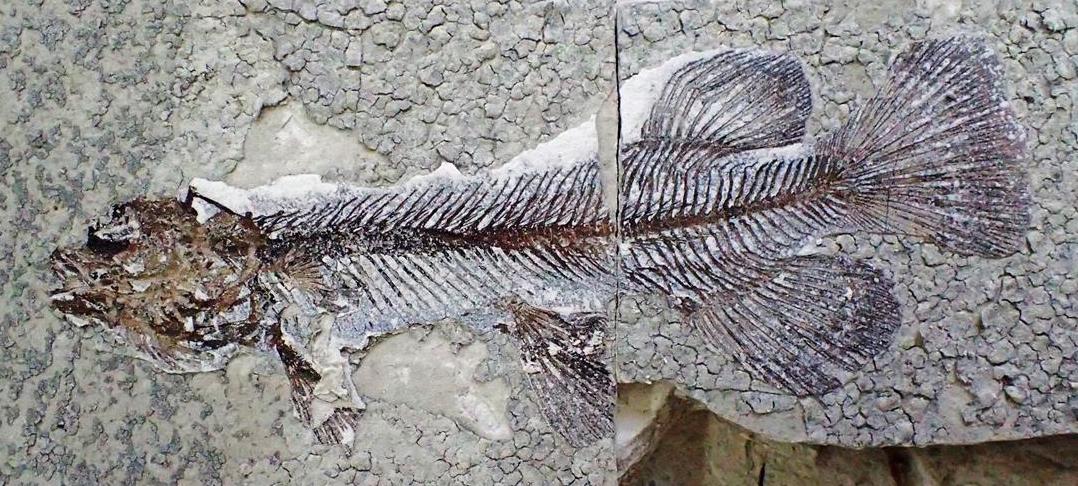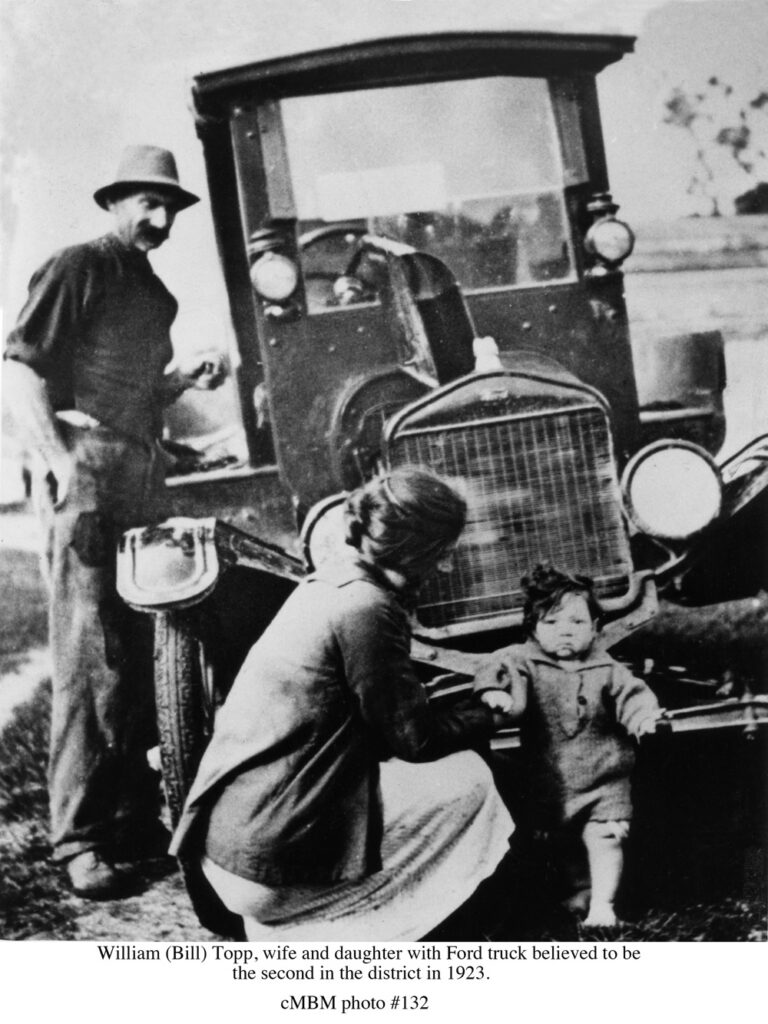
Becs Cox shares the story of the Topp man who drove up the
range
A son, brother, husband, father, trooper, farmer and carriage driver – Mr William (Bill) Betheridge Topp Junior was born 6th of September 1874 in Whangapoua.
He was the third child and first son of William Betheridge Topp Senior (born in Cape Town, South Africa) and Margaret Mary Josephine McGinley.
At the age of 26, he enlisted as a Trooper/Rough Rider of the Fourth Contingent for service in the 2nd Boer War, in South Africa. He served for one year and one hundred and thirty-seven days. On completion of his service, he returned to Dargaville, where his mother was listed as living. He enlisted once again in World War One as a reserve at home.
Bill then moved to Whitianga and met May Hughes. They were married in late 1904 at the Undenominational Church (St Andrews Church) in Whitianga. Two years later, in 1906, their first child was born, Harriet. Three years later, in 1909, Margaret Mary Josephine (known as Maggie) was born. Maggie, unfortunately, passed at the age of nine, some six years after their sister Doreen had also been born and passed.
In 1912, Bill first applied and gained permission from the Post Office to carry mail on horseback once a week (with one horse) over the track to Coromandel. This route across the peninsula was from Whitianga, through the Mahakirau Valley, to Coromandel township.
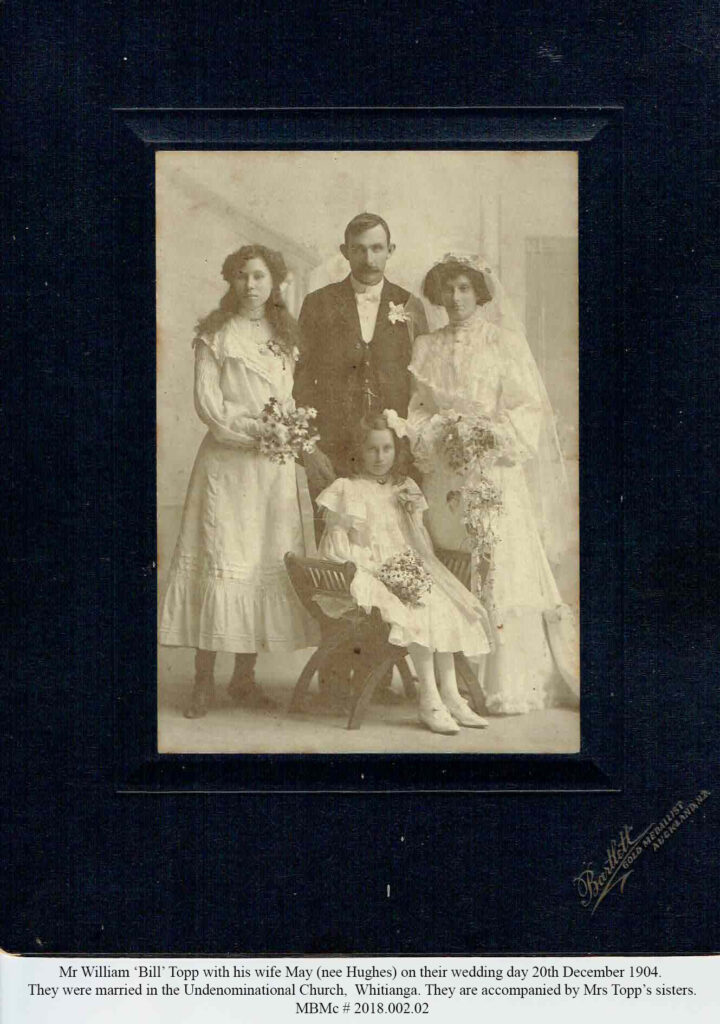
At a later date, there was a mail coach with space for a passenger or two. The mail run was always something to remember. The driver often disappeared into the bush at the top of the range to fetch a spare horse or to retrieve a pair of worn leather boots from the bracken, and, with the help of match light, successfully nail the leather sole to the brake pads to ease the vehicle down the steep grade for the home run. One dark night the local Constable was returning from his annual holiday and darkness had set in before the coach had crossed the summit. The officer, a little apprehensive not only for himself but also for the passengers, called to the driver, “Hey Bill! Haven’t we any lights?” “No,” was the response, “but it’s all right. I’ll feel the bank with the whip handle.” The bank above the road was 20 feet high, but around the numerous corners, it was three times as many feet deep over the edge!
With the formation of the Mercury Bay Co-Op Dairy Company in 1911, a contract was let for the collection of cream in Kūaotunu, and Bill secured this. He would collect the cream with a wagon and a pair of horses. He also had the mail contract and how ‘vexing’ he was on occasion! Mail day happened to coincide with the Kūaotunu Rifle Club’s day on the range, and Bill, being a keen marksman, would dismount from his driver’s seat, tie up his steeds and saunter over to the range to put in a couple of hours ‘blazing away good ammunition’. Meanwhile, the impatient and long-suffering community grumbled amongst themselves at the Post Office, until it was so late, they had to return home, to return on the Monday to collect their mail. When they protested to Bill, who was conveniently deaf, the answer they got was, “I got eight bulls and a couple of fours!”
In 1926, he purchased land on Owen Street to farm. This land would become Worden’s Campground some years later, run by his daughter Harriet and son-in-law Eric. The family home is still standing as the St Andrew’s Opportunity Shop building.
At the age of 72, Bill sadly passed on, survived by his wife, May, and daughter Harriet.
The legacy of his time as the local mail coach driver continues, as the Coromandel to Mercury Bay track is now known as the 309 Road. It was so named as Bill could average it in three hours and nine minutes by coach! The first motor car, “Marathon”, was driven over this track by Mr Oxley in 1916 and it took two hours longer – 20 miles in five hours!
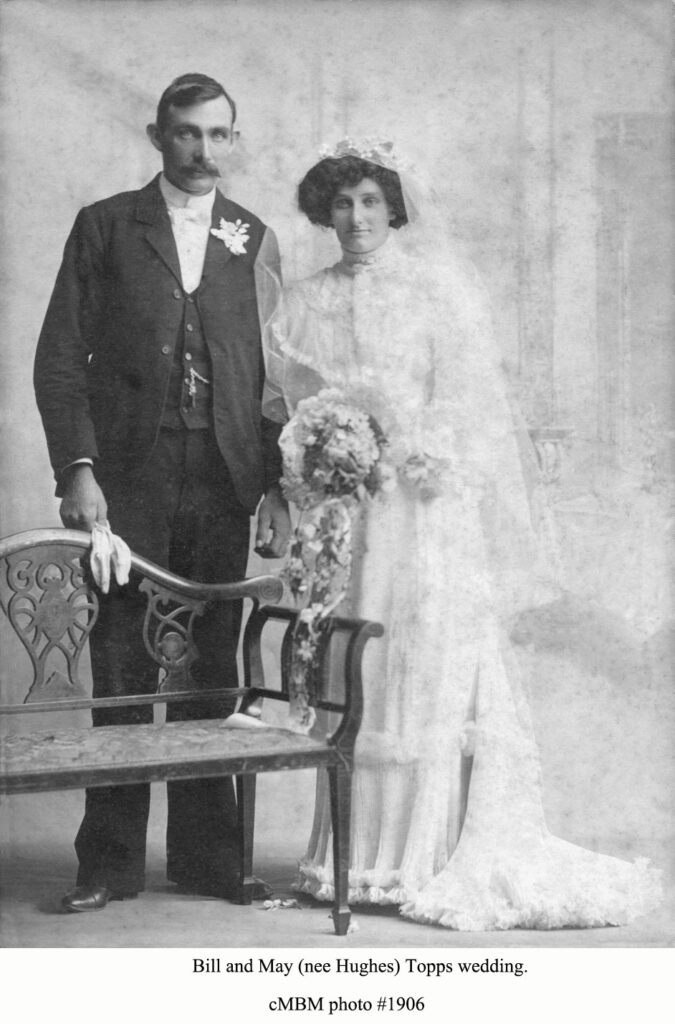
Words by Becs Cox – Mercury Bay Museum Manager
Photographs – Courtesy of Mercury Bay Museum




